Variety is the Spice of Life
Lately I've been pondering the various symptoms associated with nutritional deficiencies. At the extreme end, scurvy, spina bifida, and rickets are well known conditions associated with nutritional deficiencies, but it turns out a huge number of maladies can be treated and/or prevented by merely consuming sufficient quantities of all the various things our bodies need.
Athletes in particular have a higher requirement for most nutrients, given our higher muscle mass, higher activity level, and higher calorie consumption relative to the general population, leaving us more susceptible to deficiencies if we eat "normal" amounts of various foods. Athletes are also likely to resort to a routine in an attempt to systematize an effective macronutrient balance. Routine can be a tremendously useful tool, but it can also end up being a path to performance-inhibiting deficiencies.
Without getting too complex, protein is made up of amino acids, fats are made up of fatty acids, and carbohydrates contain a variety of sugars. These subcomponents of the macronutrients are similar to micronutrients (vitamins and minerals the body requires in small amounts), and not all protein, carbohydrate and fat sources contain the same breakdown of essential amino acids, fatty acids or micronutrients. With this in mind, it's possible to see how a diet consisting almost entirely of chicken, whey protein, broccoli, sweet potatoes, and almonds could become an issue, even if the macronutrient breakdown is "perfect" since you wouldn't be consuming the abundance of micronutrients available in eggs (K2), brazil nuts (selenium), red meat (iron and B12), cauliflower (practically everything useful), and oranges (vitamin C), just to name a few great food sources of micronutrients.
There are definitely those out there who build a routine around their macros and aim to cover their micronutrient bases by supplementing with a multivitamin. The potential issue here, especially for those who take a multivitamin in addition to other sports-related supplements like recovery drinks or pre-workouts, is a risk of toxicity, especially in the fat-soluble vitamins A, D, E and K. For athletes who operate in this realm, be sure to examine the labels for each of your supplements, and aggregate each vitamin to make sure your total daily intake isn't approaching the upper limits (ULs) set by the FDA.
As an athlete, it's important to be educated about the sources (in my opinion, unprocessed food sources are preferable) of the essential vitamins, minerals, amino acids and fatty acids required to optimize health and athletic performance. Especially if you're a creature of habit, it's a good idea to thoughtfully review your daily intake for possible nutrient deficiencies, or overdose if you're a supplement user. To this end, I think it's fun (because I geek out on this stuff) to Google "food sources of ____" and double check that I regularly consume an adequate amount of the key sources of that particular nutrient. I also sometimes Google "symptoms of Vitamin ___ deficiency" or "symptoms of Vitamin ____ overdose" mostly out of curiosity. As always, if you're concerned that you're suffering from a nutrient deficiency or toxicity, or may have a health condition that isn't yet diagnosed, it's crucial to consult your doctor!
Next week I'll post regarding my own habits, and how I generally think about a week of meals to try to ensure that I'm hitting my macros without neglecting my "micros".
WOD for 11-15-16:
Every 2 Minutes For 6 Rounds:
3 Power Cleans + 1 Split Jerk
Climbing
-then-
For Time:
BUY-IN: 100 Double Unders
Then, 21-15-9 of...
Russian Kettlebell Swings @ 70/53 lbs
Chest-to-Bar Pull-ups
BUY-OUT: 400m Run
